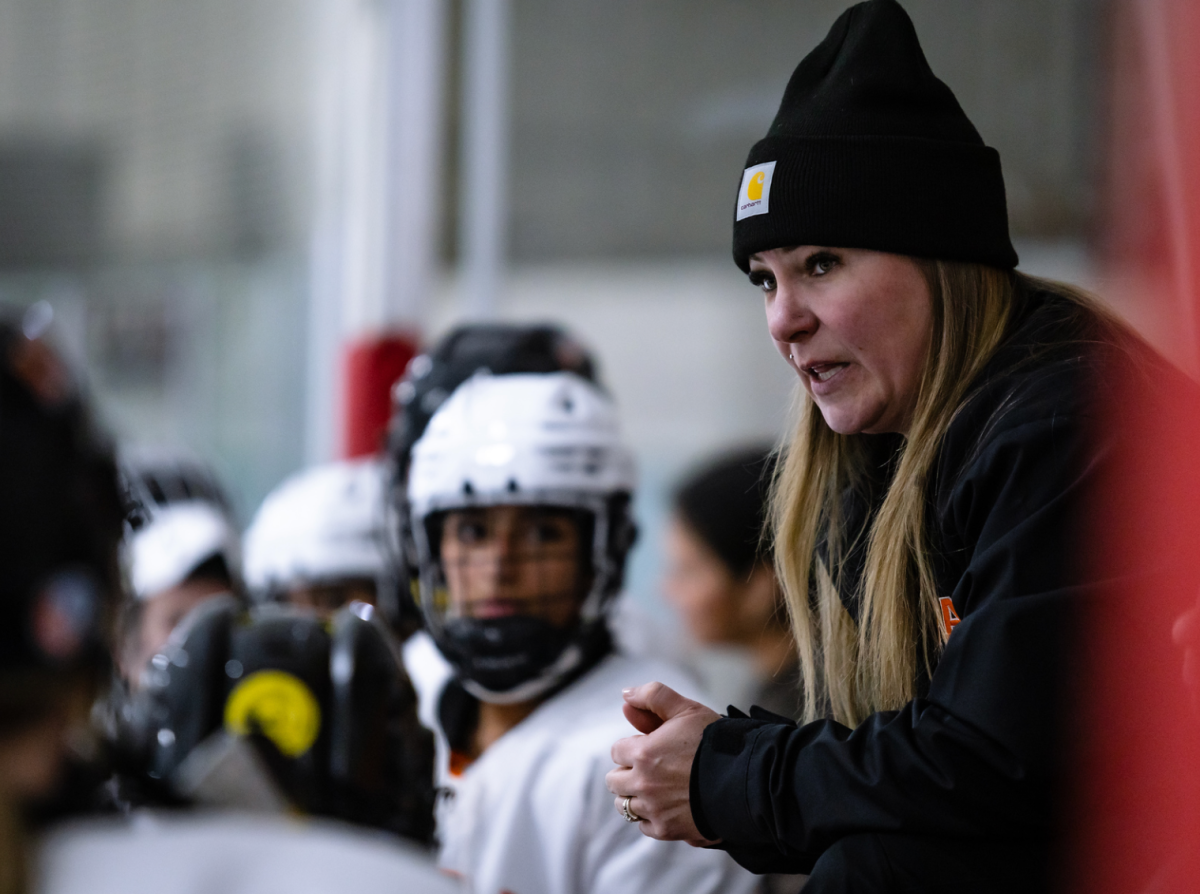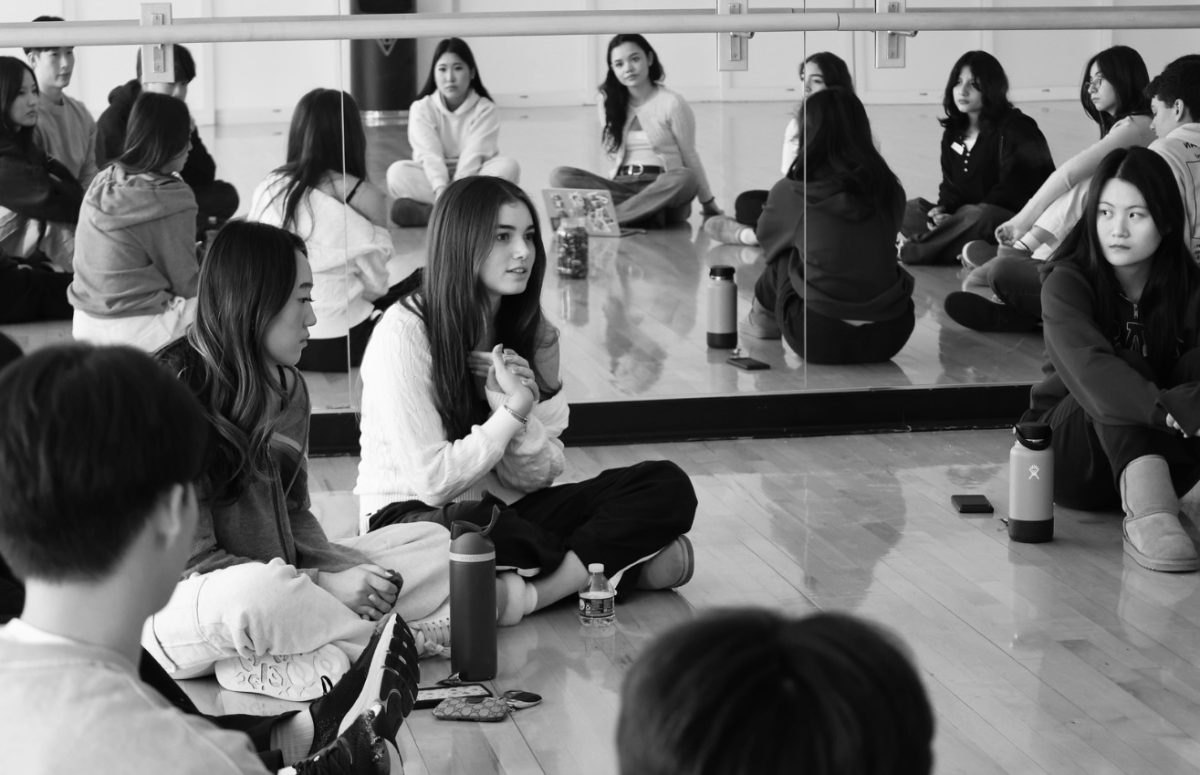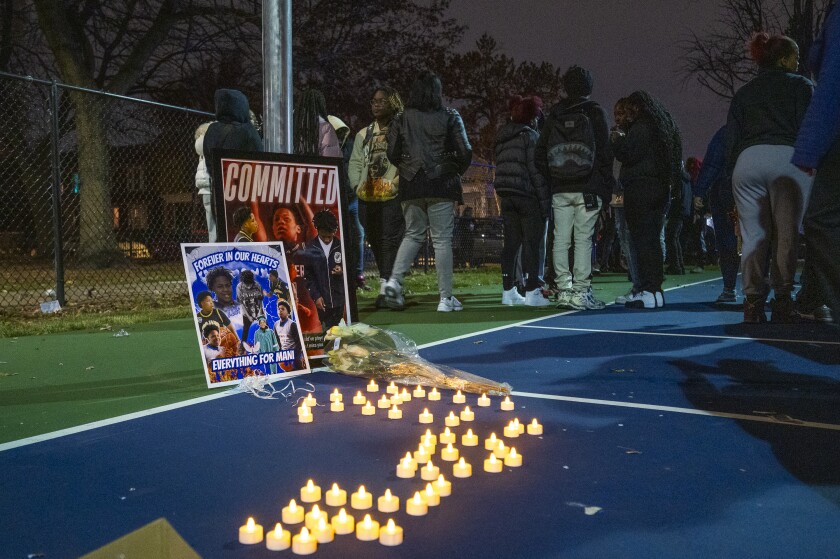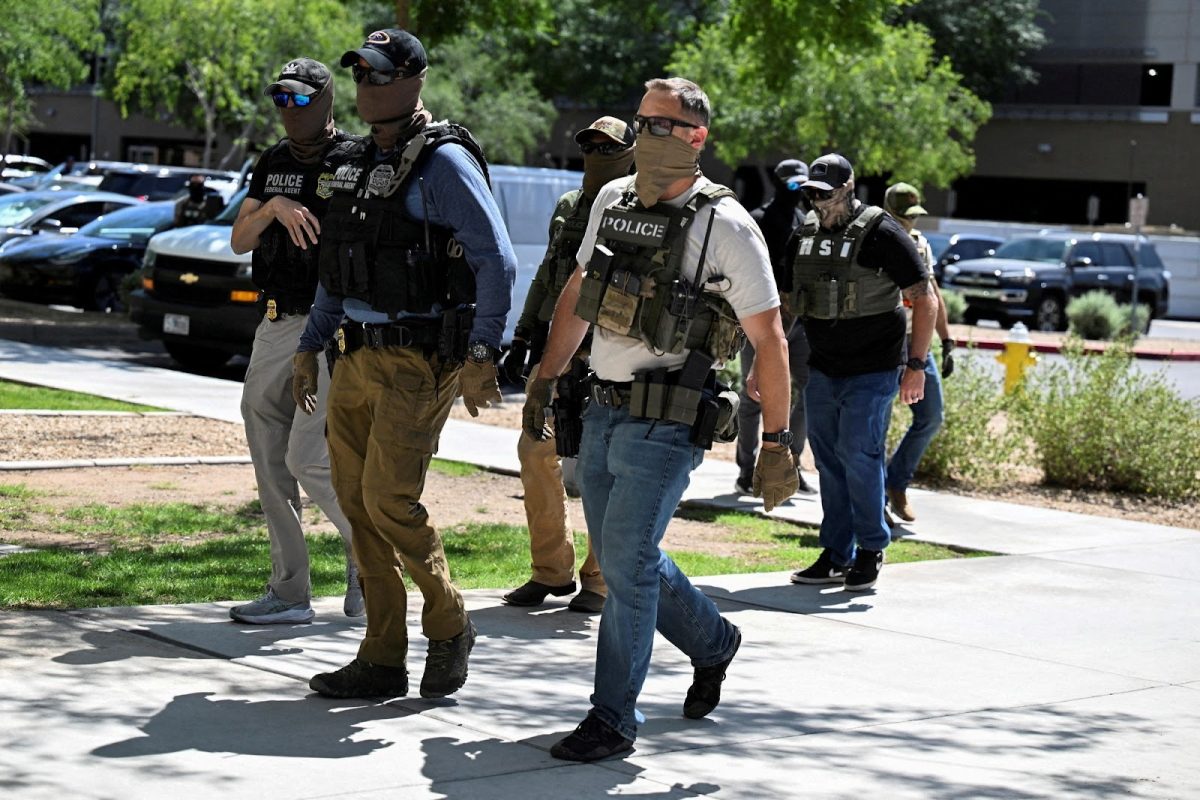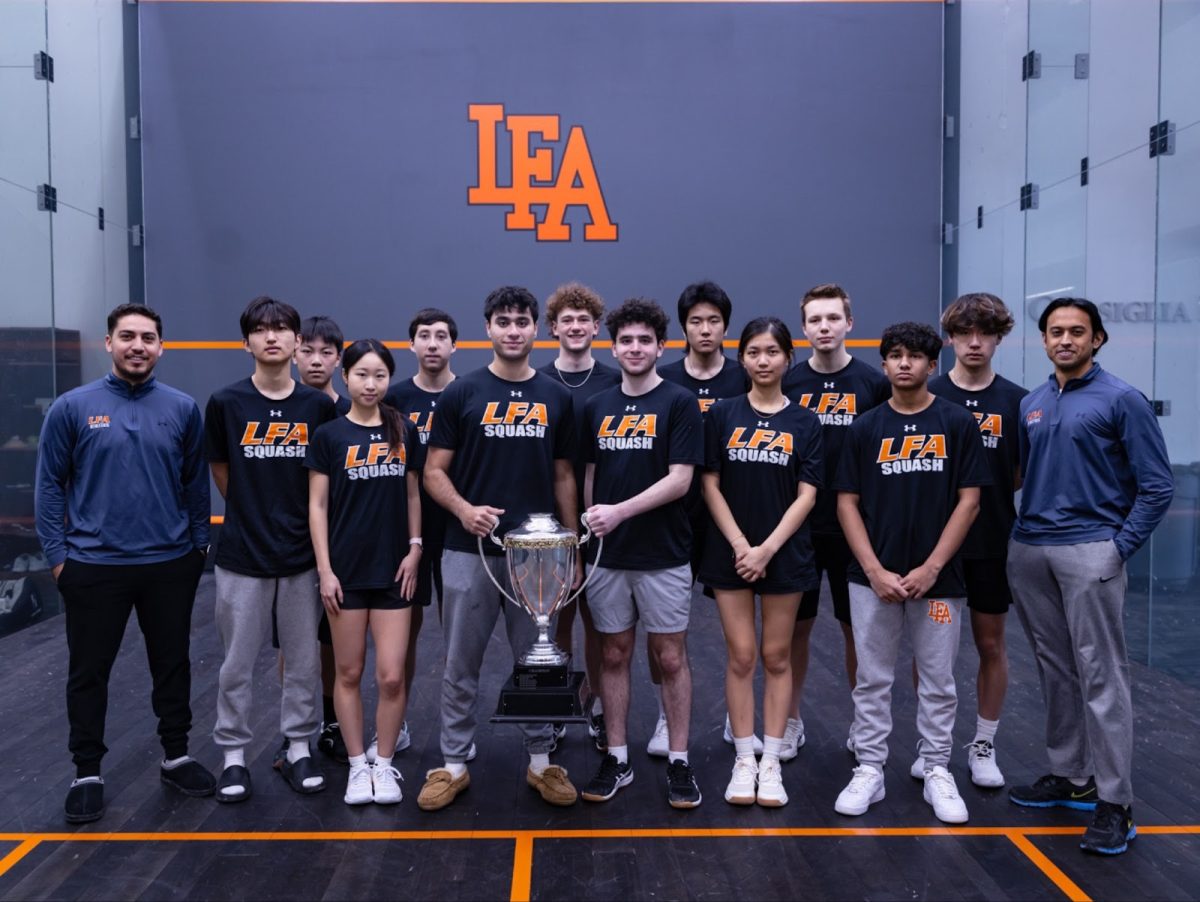Within the LFA handbook, Safe Haven is referred to as a program designed to keep students safe in the case of involvement with drugs, alcohol, and/or other illegal substances. Accompanying the explanation is a long list, detailing the process a student struggling with substance related situations–(whether it’s abuse or a singular encounter)–will enter in the event they reach out for help. However, Safe Haven’s public perception can drastically differ from its true intent. In particular, when asked, some students equate the program to one that “snitches” on friends, while other students don’t know what it is at all.
Emily Kalis, Assistant Dean of Students: Residential Life and Campus Life, described the program by saying, “Safe Haven is a proactive program that encourages students who find themselves in a position they don’t want to be in–a way to make a good decision.” This pertains to the unwritten part of Safe Haven, where a student in an illegal situation can claim Safe Haven to secure their leave and be protected without facing usual disciplinary measures. This appears to be the most common understanding of Safe Haven, but this thought has also come riddled with obscurity, and hence misperceptions, including but not limited to the notion of “betraying” peers and “punishment” in the form of intervention.
What further fuels these false impressions is the lack of conversation surrounding this topic. Yes, the handbook includes a section dedicated to Safe Haven, (though even that doesn’t provide clear information as to what will happen, if anything, to other students present when someone calls Safe Haven); however, the expectation that advisories thoroughly cover the handbook on an annual basis often falls short. Dress code, tardy and absence policies are covered at the start of the year, but there is typically little mention of Safe Haven or even LFA’s policies when it comes to substances. Despite advisors being directed to go over it explicitly, it can be a lackluster effort if it’s thought that the students already have familiarity. LFA’s four year Health, Wellness, and Community courses include discussions on the high school transition process and navigating peer pressure, but rarely mention Safe Haven policies. Dorm meetings always mention Safe Haven’s protocol—but this doesn’t detract from the fact that the entirety of LFA’s student and teaching body, like the day population and non-residential faculty, should be more informed for Safe Haven to serve its purpose—which is to help students.
Jennifer Madeley, one of LFA’s two counselors, explained that “Each case is circumstantial and handled as such.” The rehabilitation services mentioned in Safe Haven’s description are meant to be adapted to a student’s unique conditions, and the authorities involved, (school counselors and the Dean of Students), are there to evaluate what’s needed. A student isn’t automatically entered into the program, and if an individual asks for help, it doesn’t so-called “jeopardize’’ everyone else in the situation. Once again, if these details were shared, there would be less room for speculation and consequently damaging assumptions. What the Safe Haven system lacks most is clarity.
But, as these misunderstandings are still very present, students may be hesitant to use the program— an issue that is only exacerbated by a lack of parental alternatives for boarders. Teenagers often rely on their parents to pick them up and take them home in the case of an uncomfortable situation. Besides possibly being in trouble at home, the student does not risk what they view as the alternative Safe Haven option–“punishment” from school. This parent alternative is not a reality for boarding students. So, when a student is uncomfortable, they may feel as though Safe Haven is the sole resource.
Xitlali Ocote ‘25, a Ferry proctor, discussed how some students may feel uncomfortable with Save Haven’s policies given the role their dorm parents serve, as both “family” and faculty. “I think that because LFA is not just where we go to school, and instead it’s more a place where we sleep, eat, study, socialize, live etc., it makes it more complicated.” She continued, “Students know that if they speak up, it might more strongly affect all aspects of their lives.”
However, there are ways around this hesitation. First, clearing up the handbook. Most students don’t turn to LFA’s handbook in times of confusion, but if they do, it should be clear. Next, because it’s teachers, counselors or school leaders that students typically rely on for information, it’s important that LFA’s student body is clear on important policies. Students should know what is available to them in times of need. At the end of the day, students should be aware that at the very least, they can reach out to our school counselors to ensure they have a getaway and support system from an uncomfortable situation; faculty aren’t there to get students in trouble. Rather Safe Haven is a policy that intends to help students avoid exactly that.

